
South Korea's parliament voted Saturday to impeach President Yoon Suk-yeol over his martial law declaration, after the first impeachment motion was dropped a week earlier as the ruling party lawmakers boycotted it.
Of 300 lawmakers of the unicameral National Assembly attending the historical plenary session, 204 voted in favor and 85 against with three abstentions and eight voided.
The first impeachment motion was confirmed invalid last Saturday after most of the 108 ruling People Power Party left the parliamentary hall and refused to cast ballots.
With the parliamentary approval, the constitutional court will deliberate the impeachment for up to 180 days, during which Yoon's constitutional power will be suspended and Prime Minister Han Duck-soo will be an acting president.
If the impeachment is upheld by the court, a snap presidential election would be held within 60 days.
It marked the third presidential impeachment in the Asian country's modern history. Former conservative President Park Geun-hye was removed from office by the constitutional court in March 2017.
Late liberal President Roh Moo-hyun was impeached by the National Assembly in March 2004, but the constitutional court restored Roh to power about two months later.
Yoon declared an emergency martial law on the night of Dec. 3, but it was revoked by the National Assembly hours later.
The president said in an address to the nation on Thursday that his martial law imposition was an act of governance to protect against the "legislative dictatorship" of the majority opposition.
The main liberal opposition Democratic Party and five other minor parties, which proposed the impeachment motion earlier this week, believed that Yoon's martial law declaration was illegal and unconstitutional.
According to the motion, the martial law can be imposed only when the country faces "state of war, serious incident or other comparable national emergency" that lead to engagement with the enemy or extreme disturbance of social order.
The opposition noted that no sign of national emergency was detected at the time of Yoon's declaration, denouncing Yoon for failing to follow procedures for a martial law imposition, such as an immediate notification to the National Assembly.
Calling Yoon the "ringleader" of mutiny, the opposition said in the motion that Yoon committed treason by declaring the martial law and mobilizing the military and police to prevent the National Assembly from rescinding the martial law order.
According to a survey of 1,005 voters conducted Tuesday by a local pollster Embrain Public, 78 percent were in favor of Yoon's impeachment, while 20 percent were against it.
Those who replied that Yoon committed rebellion, punishable by up to death, reached 69 percent, while 68 percent said Yoon should immediately be arrested.
Yoon was named by investigative agencies as a suspect on insurrection charge and became the first sitting president to be banned from leaving the country, raising a possibility for his detention.
A special warfare commander told lawmakers Tuesday that he was directly ordered by Yoon to drag out legislators from inside the parliamentary building in a bid to prevent them from repealing the martial law order.
Support for Yoon plunged amid his botched attempt to put his country under military rule after 45 years and scandals involving his wife Kim Keon-hee that plagued Yoon during the presidential campaign and since he won the single five-year presidency in May 2022.
Kim was suspected of having been involved in stock price manipulation to gain illicit profits while having intervened in candidate nominations for the 2022 by-elections and the 2024 parliamentary elections and even in public opinion manipulation during the 2022 presidential election.
According to a Gallup Korea poll, Yoon's approval rating dived 5 percentage points from a week earlier to 11 percent this week, marking the lowest since his inauguration.
-XINHUA



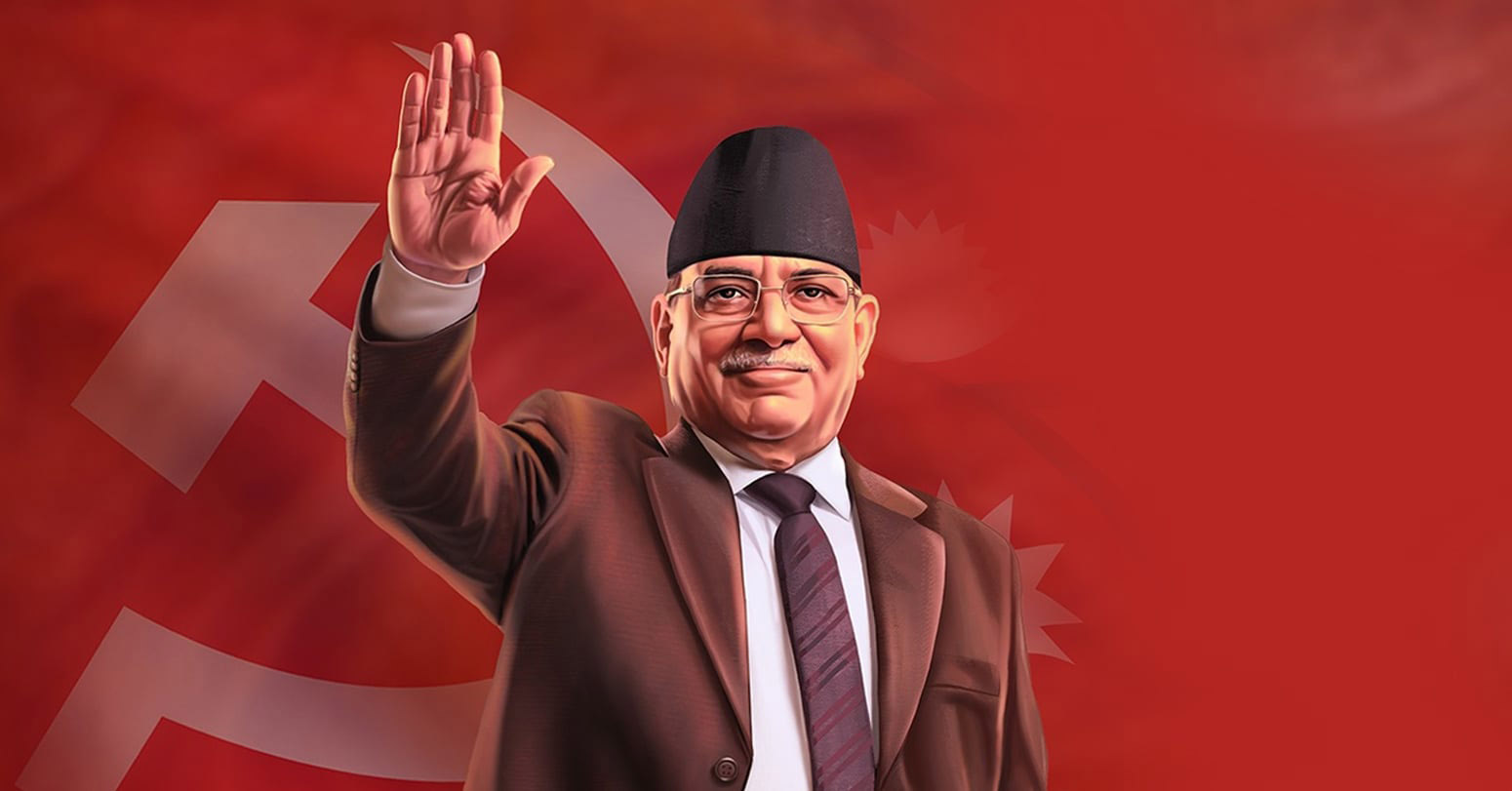


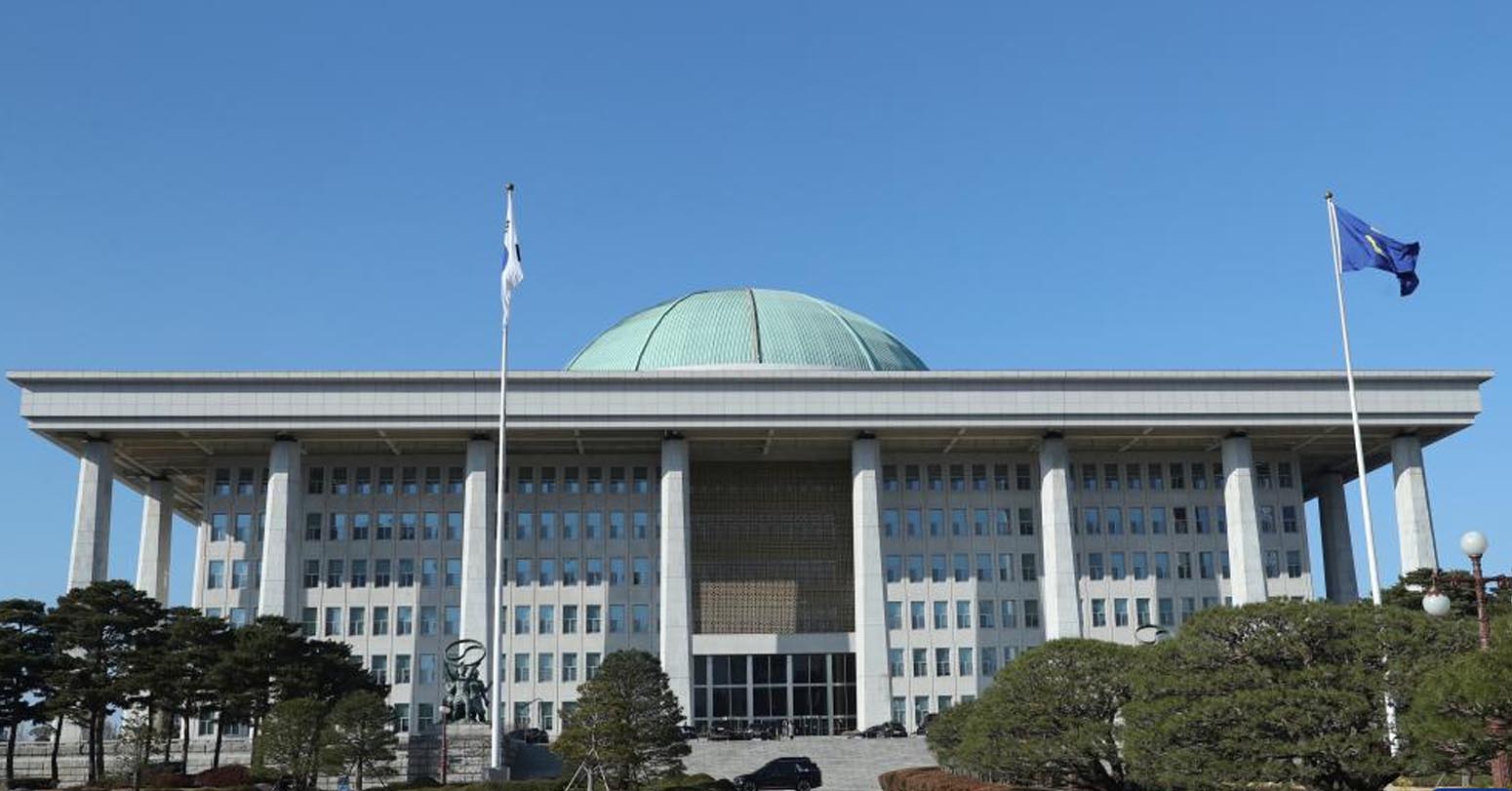
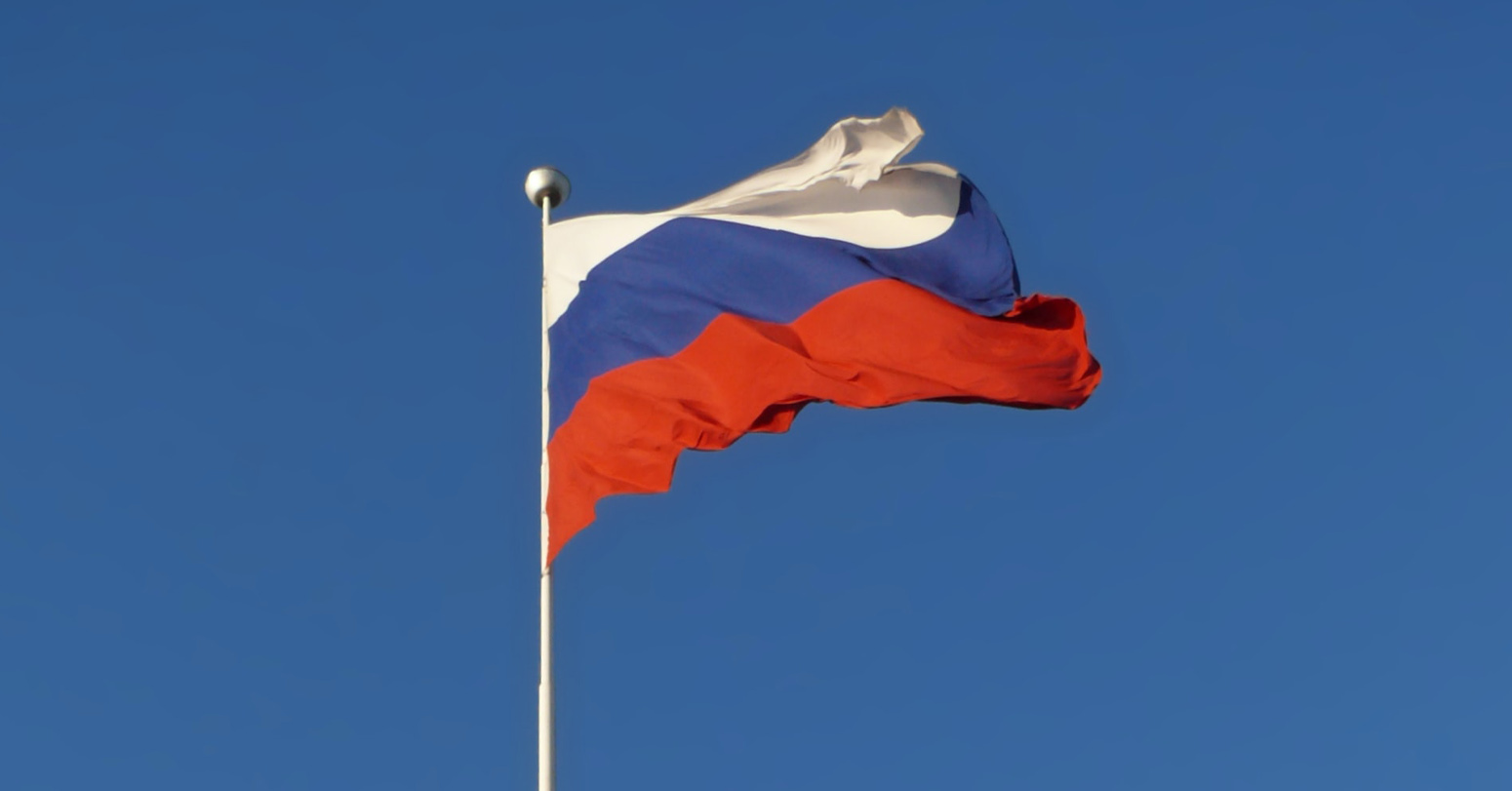

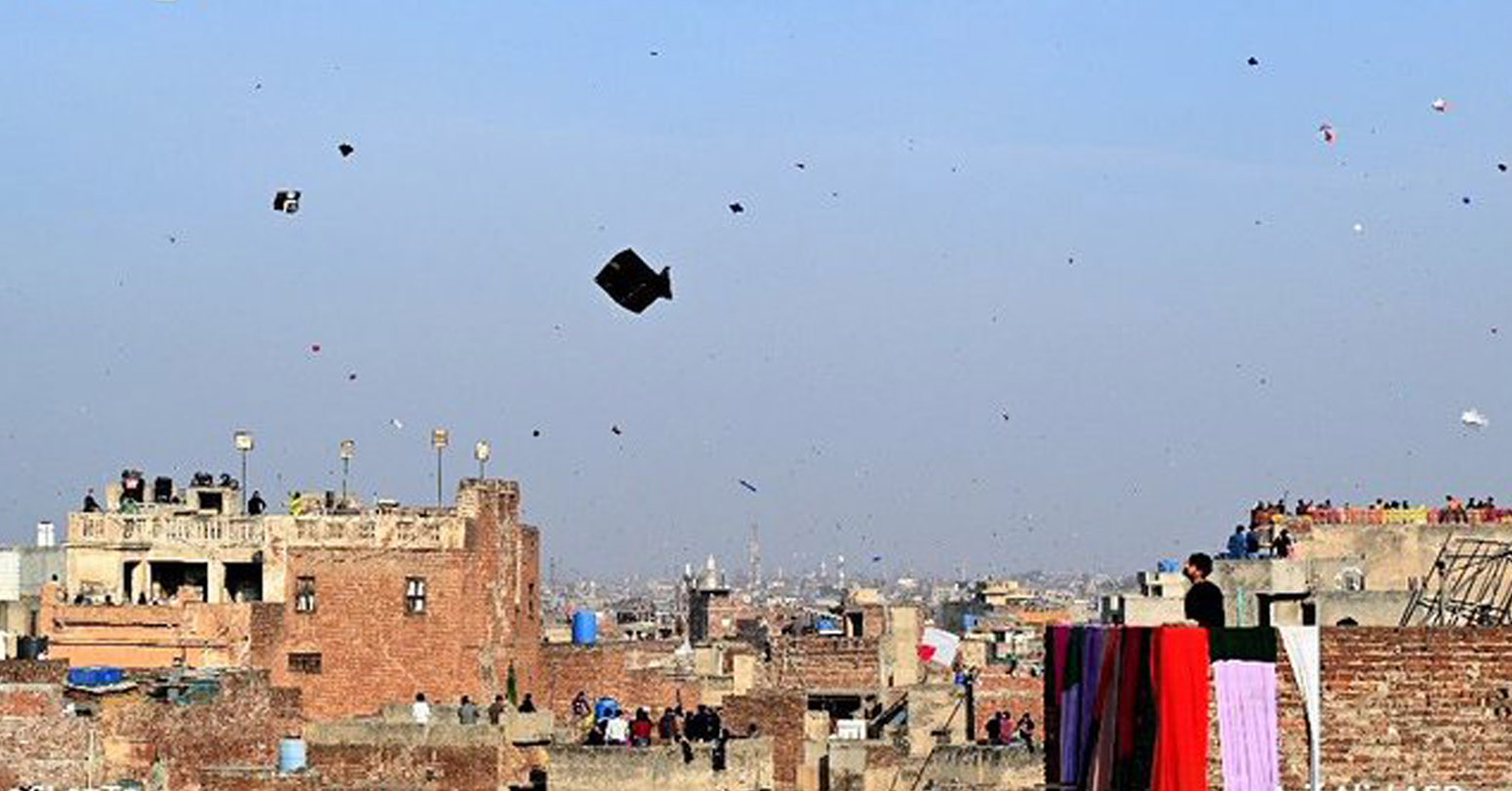

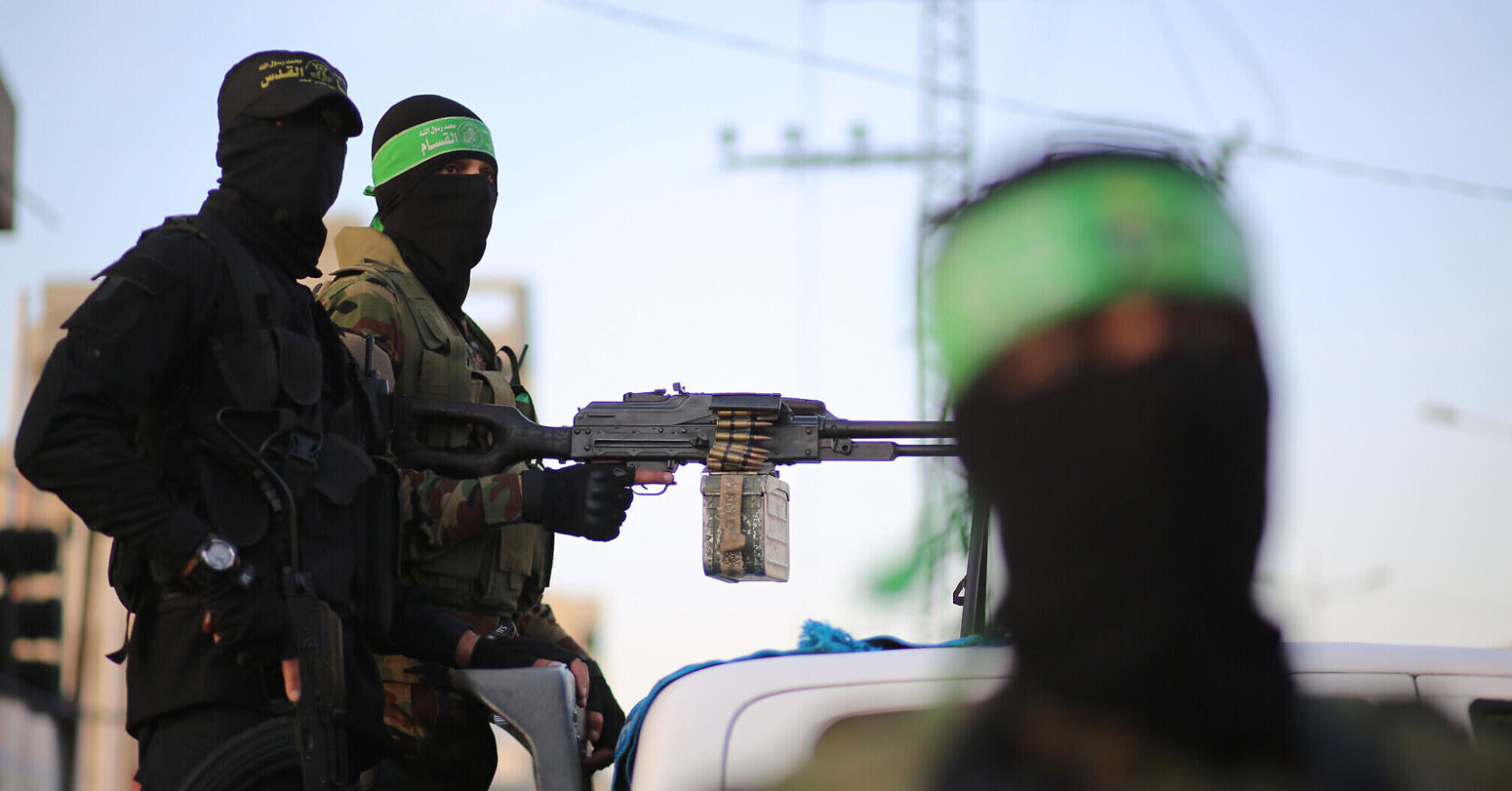
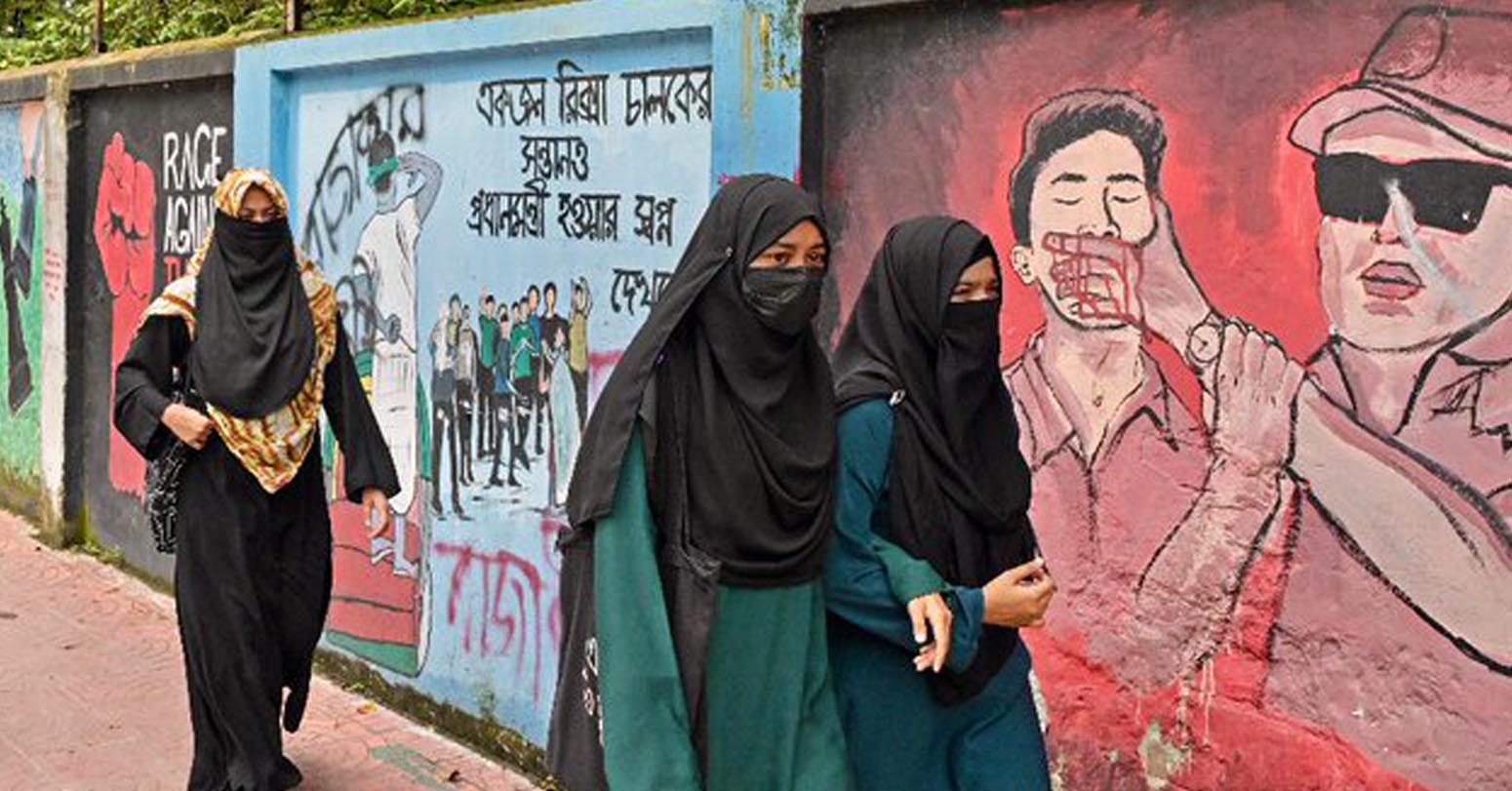




Middle-aged man spends millions to
Dr. Dharam Raj Upadhyay: Man
Children, Greatest Victims Of Sudan’s
Breathing The Unbreathable Air
Comprehensive Data Protection Law Critically
Gender Differences In Mental Healthcare